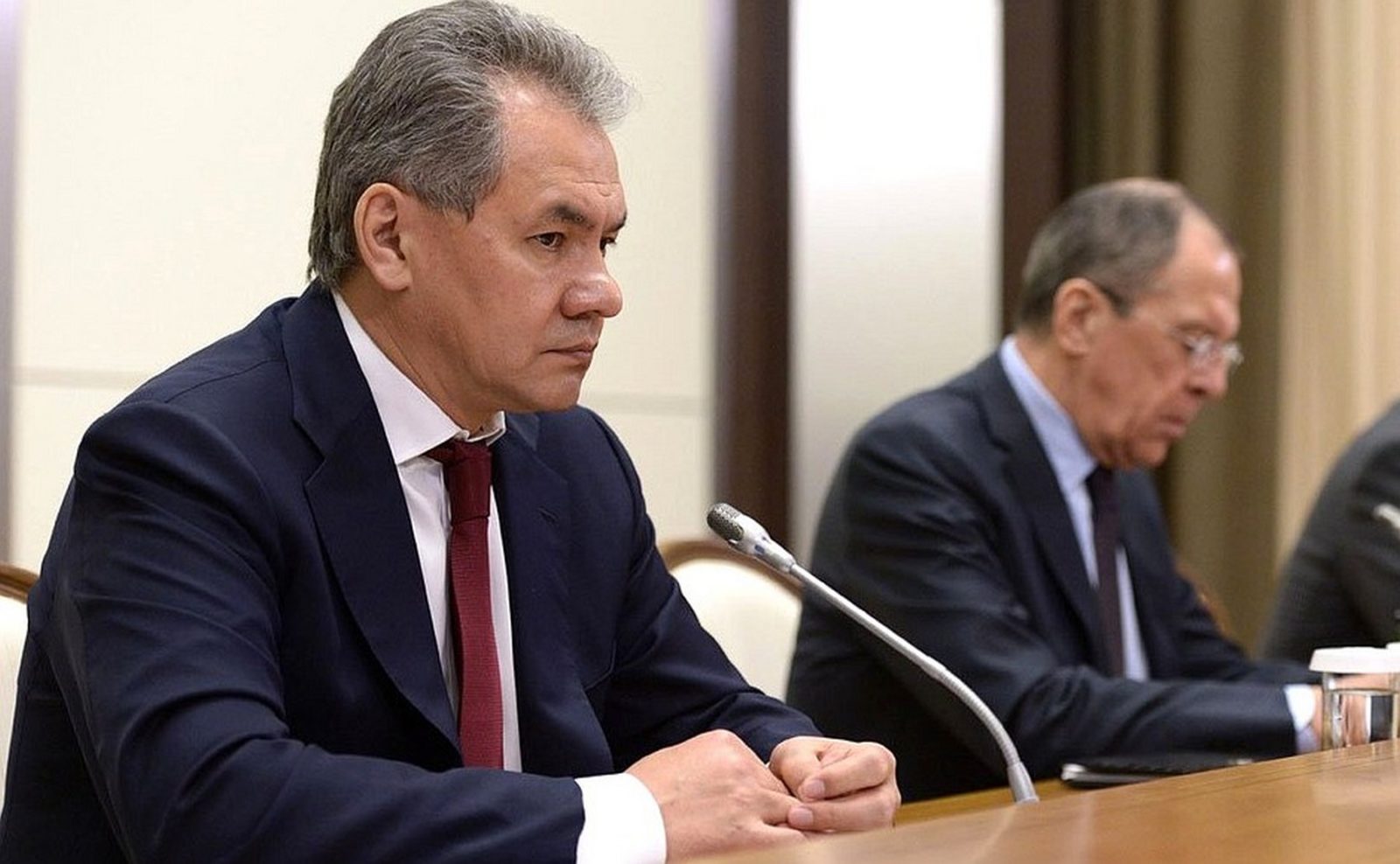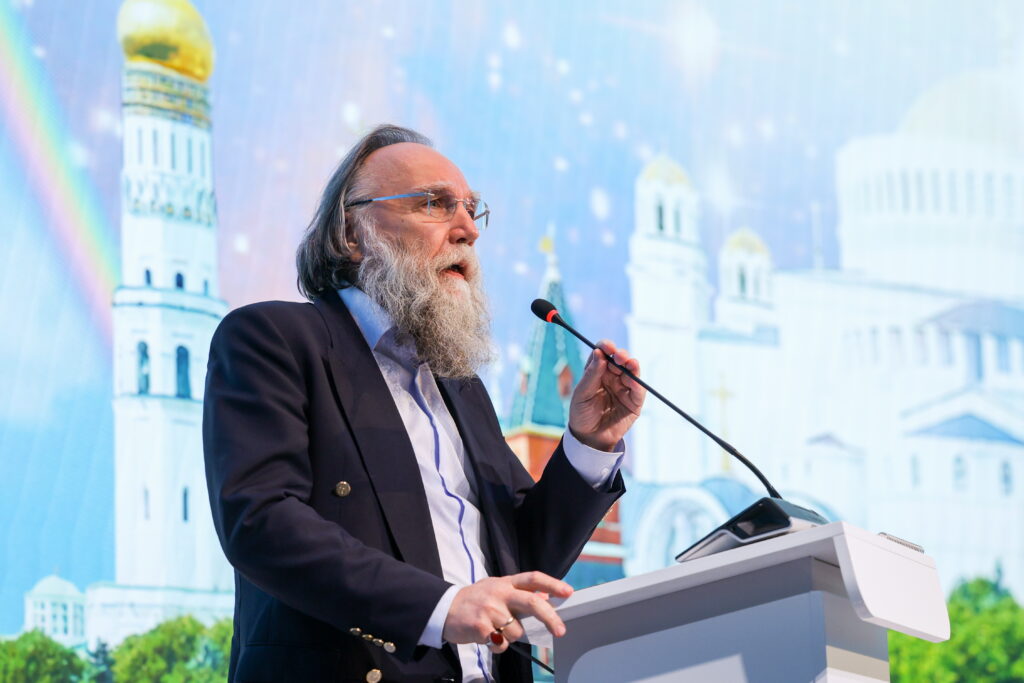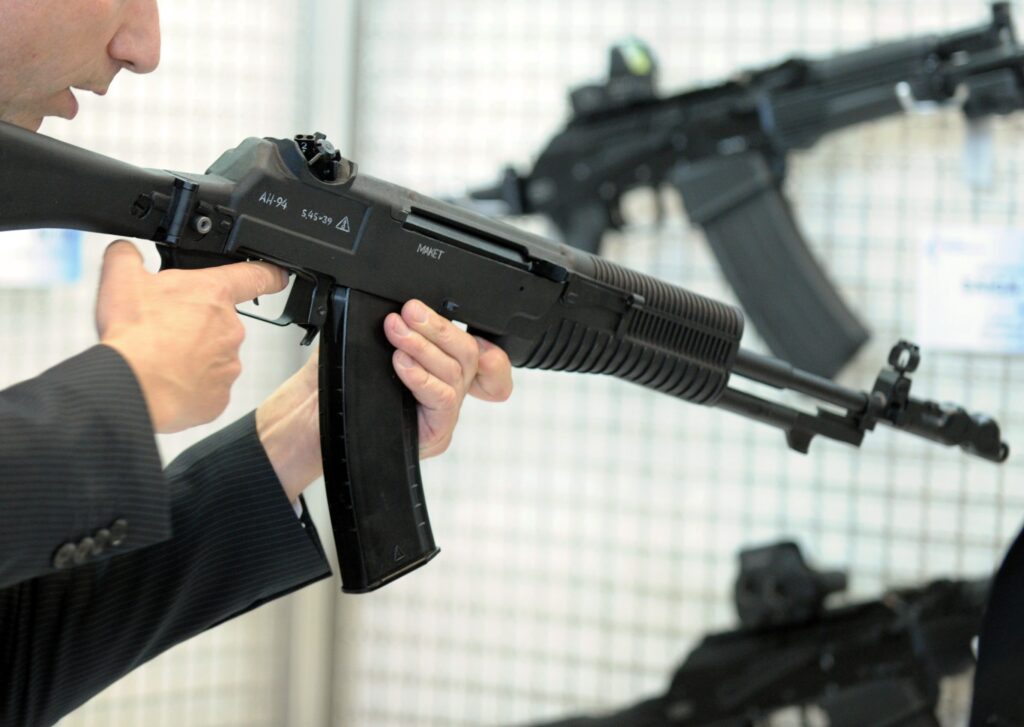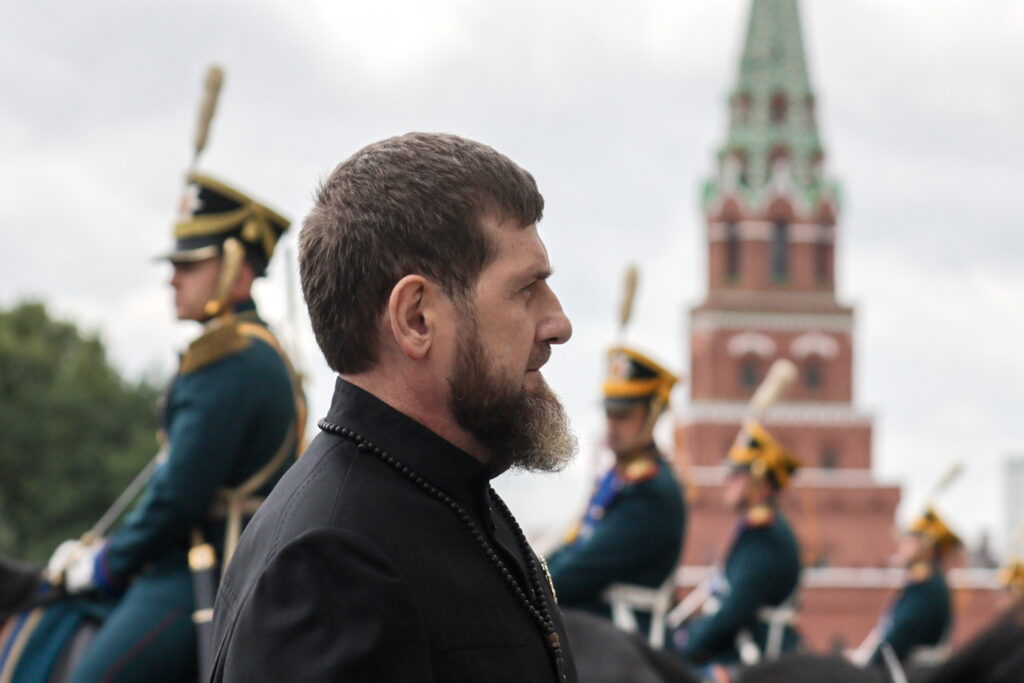One of the latest surveys by the Levada Centre registered changes in the credibility of highly rated state institutions. For the first time, confidence in the army (66%) exceeded that in the president (58%). Intelligence agencies come third (50%).
The top position of the armed forces stems from the president’s falling approval rating (a drop from 75% to 58%), not increased trust in the armed forces per se – that hasn’t changed since 2017. Meanwhile, confidence in other public institutions – courts, police, parliament, regional authorities – either deteriorated significantly or remained at the bottom of the list. Putin’s position is not challenged by even a hypothetical competitor, but the institution of the president as such has undergone corrosion. The public believes Putin fulfils a functional task of keeping different elite groups in check; his role is to contain the interests of the bureaucracy and the oligarchs. Putin cannot be replaced as a politician, although the institutional role of the president can change and there is a certain demand for that. The top position of the army in the rating of the most credible institutions indicates the direction of the desired change.
Demand for an ‘iron fist’
Russians are more frequently mentioning the need to restore order. According to a July 2017 Levada survey, 44% believe power should be vested in the hands of a single, strong person, up from 32% in 2016. At the same time, the share of those who condemn Stalin dropped dramatically thanks to the growing number of indifferent youth. The image of a politician who can lead the country to victory at any cost coincides with demand for stability: in 2017, 29% of Russians believed the Brezhnev era was the best time in the history of the country. According to respondents, decades from now, Putin will be remembered as the person who “…incorporated Crimea, put an end to the second Chechen war, and so on. He introduced pension reform. I don’t know, he will be called the reformer.” Today, pension reform seems to be a landmark moment. It marks the victory of bureaucracy and incompetent governance, and the president’s concession to the elites. For many, the reform triggered a change in their attitude to the situation in the country: positive assessments dropped from 60% in April to 47% in September. The credibility of key political figures also deteriorated; all of them are associated with the state. While 41% of Russians believe the country is heading in the wrong direction, no public figure is capable of channelling the growing discontent.
Vladimir Zhirinovsky came second in the approval rating of popular politicians, although the number of his supporters did not increase. A year ago, he was fourth, behind not only Putin but also Defence Minister Sergey Shoigu and Sergey Lavrov. Although in the eyes of Russians he lacks political independence, Zhirinovsky remains one of the most recognisable figures, a symbol, and supporting him has become a socially acceptable way of expressing frustration.
Shoigu’s rating is now on a par with Zhirinovsky’s. Not being a politician in Weber’s terms, lacking charisma and a vision for the future, he has a positive image. First of all, he has a reputation as a reliable minister, earned over the years as the minister for emergency situations. Secondly, Russians associate him with successes of the armed forces during military operations in recent years. He does not have a political agenda or presidential ambitions, it seems, but it is precisely his non-politicisation that is an indicator of his efficiency: “He started everything from scratch, when he worked in the Ministry of Emergency Situations, he started off as an ordinary worker and he is a self-made man. This is an achievement, and I like that.” Shoigu’s image sits well with the Russians’ image of a successor who is not going to take over all Putin’s functions if Putin stays in power beyond 2024 as chairman of the State Council or in some other capacity. Shoigu shows no intention to introduce radical changes, which is positively viewed by the majority of Russians. He is not a caricature like Medvedev. Unlike Lavrov, he does not have an intellectual’s flair, which is perceived as gentleness unacceptable in a president.
According to transcripts of focus group interviews, 26% of references to the word ‘successor’ are associated with Shoigu; Lavrov appears in 8% of cases. Medvedev is mentioned as a successor in 3% of references, Shoigu comes closest to the role of a successor among all members of the Putin team. However, they always add that they do not know the name of the true successor. They seem to like this uncertainty, which implies a deliberate political move by Putin.
It is noteworthy that the majority do not want any successor at all. However, there is demand for a change in policy. Putin seems to be an irreplaceable, heroic figure to many, a consequence of his hands-on management of the country, which highlights the lack of institutional solutions to Russia’s problems. The mythologizing of the president’s power sets him outside the framework of the existing political system, which has its disadvantages: Putin is increasingly perceived as an elder who is unable to notice all the internal problems in the country.
Growing uncertainty
Russians’ pessimistic outlook envisages uncontrolled corruption, incessant abuse of power by officials and the ultimate collapse of the country. Focus group interviewees describe the current situation as unstable, and policy as meaningless: the ship called ‘Russia’ is making an endless round-the-world cruise. Even those relatively satisfied with the current state of affairs are pessimistic about the future, since the authorities do not ensure stability, which is perceived as a problem by all respondents. Growing pessimism and criticism of the president’s actions, mainly due to the pension reform, has opened up some space for discussion about desired changes and the forces that could implement them.
In the absence of public policy and meaningful discussion about the country’s development policies, the most stable and conservative institutions have become the most appealing. Russians are turning to the army as one of the few stable social structures against this backdrop. The image of the armed forces has improved significantly since 2014. In January 2015, as many as 82% of respondents believed that the army was capable of defending the country, versus 60% in January 2014.
Do you think our army is capable of defending Russia in the event of a real military threat from other countries?

People tend to extrapolate war to other areas of life; it is extremely difficult to speak of a war our country wages beyond its borders without comparing it to the domestic situation. It is obvious to Russians that the victorious military campaign in Syria is accompanied by mortifying defeat in a war at home. This war is usually perceived as social stratification and disintegration into regions, the poor, pensioners etc. who represent the most vulnerable groups. Finding a solution to these problems is seen as a matter of national importance; these problems require new leaders and new means of solving them. People do not expect Putin to introduce radical changes, since his task is to ensure the survival of the country. Apathy and cynicism towards the authorities reflect dissipated hopes for growth. There is a widespread belief that “Our government is moving away from the people. They will slightly prolong their existence by giving people handouts.” The army appears to be the main defender. The growing sense of destabilisation is accompanied by an increasingly positive attitude towards the siloviki in power.
Frustration may lead to aggression. One can often hear justifications of the most stringent measures against violators of public order even now. Chaos seems to have permeated all areas of life, and order can only be restored by the use of force. Public indignation over recent fights by football players in downtown Moscow and the subsequent harsh reaction of law enforcement can be seen as one of the symptoms of growing disorganisation of society. Milder punishment would have been regarded as a manifestation of impunity. Presumably, public demand for show trials will only grow along with the growing demand for an ‘iron fist’.









